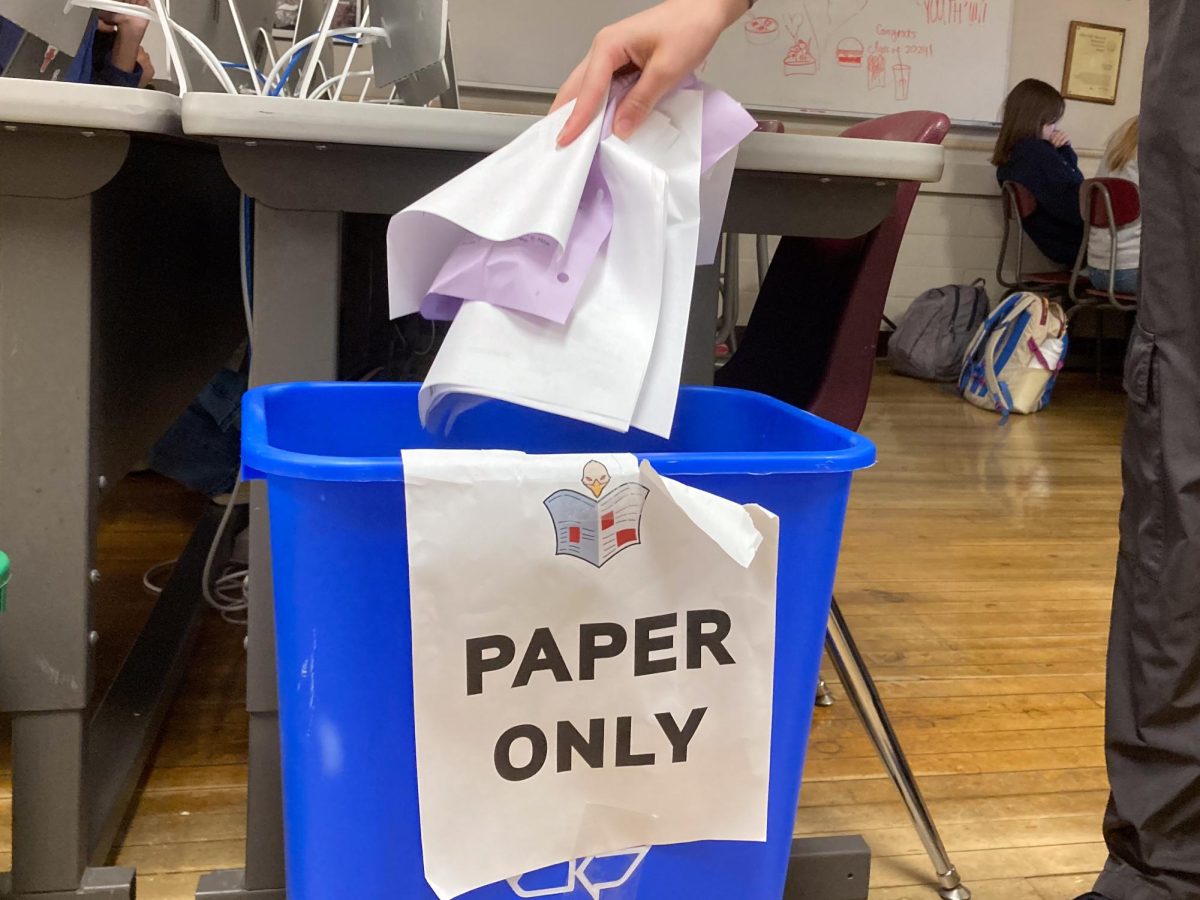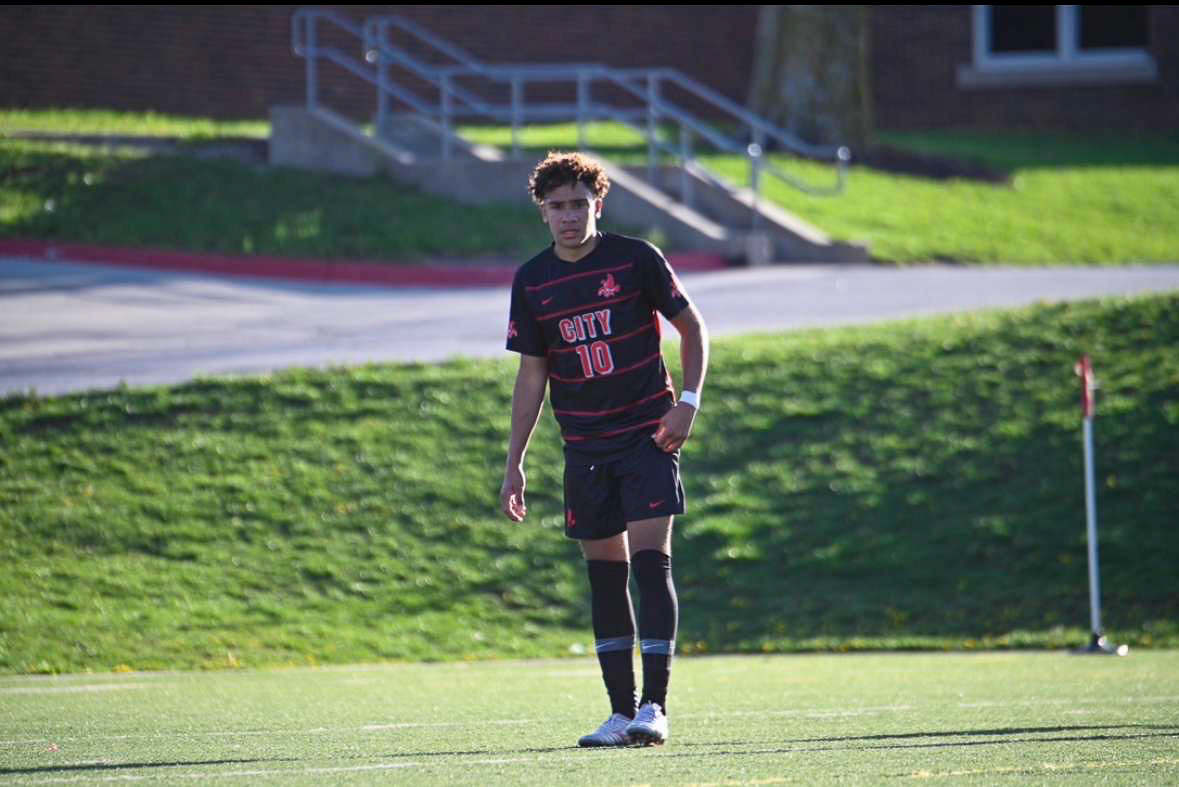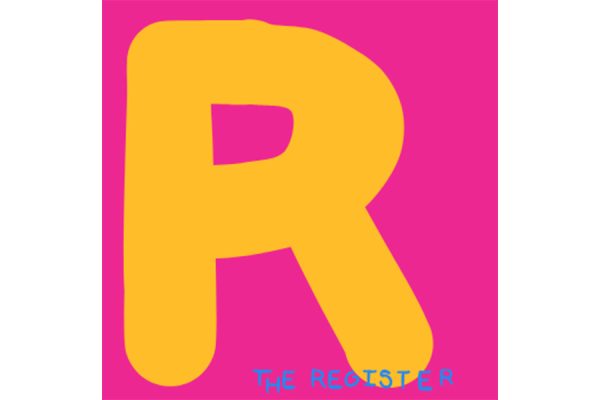US Education Fails the Test
How the American public school curriculum inhibits students’ ability to fully understand their courses
Thousand of students are currently taking AP, SAT and ACT tests.
May 6, 2019
Many students often ponder the question: what is the point of high school? During SAT and ACT season, important tests, and homework overloads, some students joke about dropping out of high school. They wonder what all their hard work is for. Is it to get into college, and get a good job? Or is it to simply live up to the standards many parents pressure us into? The entire point of high school is to learn. The point of an education is to be educated. It seems like a straightforward concept. We go to school to become smarter, yet somehow, American students often feel like all they get from school is stressed out. For most American teenagers, school has become about getting into college and simply surviving, not genuinely learning. High school education has missed the mark and is no longer truly educating.
American public school has been teaching how to take a test, not teaching concepts.
After asking questions in class, some students are met with the response, “you won’t need to know this for the test.” This leads to an incomplete understanding of subjects, and instead just incoherent bits and pieces that lead to further confusion. Classes go unit by unit, preparing for tests, and forgetting any knowledge accumulated afterwards. This is especially seen in the Advanced Placement (AP) system.
The AP system is a class for certain subjects with the expectation that students will take a standardized test in the spring along with thousands of other students across the nation, and oftentimes colleges will take high test scores as college credit. However, this method inhibits true learning and is contradictory to its original purpose. It encourages slacking for the test during the school year, and then cramming for the test the few weeks leading up to it. Even if students do pay attention to the class, their entire success in the course should not be measured by one test. More and more schools across the country have been dropping the AP system. Eight private schools in the D.C area announced they were dropping the AP system in 2018, according to insiderhighed.com. New systems of education are emerging in private schools, and other elite schools across the U.S. These new methods of education have college level courses for students that are just as challenging as AP classes, however there are no tests at the end and they are not backed by the College Board, nor are they nationally standardized.
I spent two years at a private school where the system was in the process of blending AP with their own method, the Advanced Topic (AT) system. Courses that had switched to the AT system were college level courses, however they did not have tests. The students had mixed reactions about it, however in the long run, students still enrolled for the classes even though the classes were no longer technically AP, and could not potentially give college credit. They were now taking these classes because they wanted to. Because they wanted to learn, the way it should be. The classes were no longer structured around a final test in the end of the year to prove what you’ve (temporarily) taken away from the it, but instead structured on research and writing. And it wasn’t only advanced classes that made the switch.
My World History class freshman year was one of the two options in which freshman could choose from to fulfill their social studies requirement for that year. World History was a research based class, just like the AT classes. The research based aspect allowed a structure with both essays and projects, but also allowed for personal exploration for what students were interested in. We were able to form deeper understandings and connections about what we were learning, instead of just names and dates. The other option, World Studies, was fully project based. This allowed for even more exploration of concepts taught in the class. Even science classes used research and projects related to the broad concepts in order to fully grasp the information given in class.
Research and project based curriculums give students the opportunity to truly learn. Simply getting lectured and taking notes doesn’t have the same effect as researching the topic yourself and then writing or presenting your findings. Students should be exploring, learning, and growing. Not simply memorizing for a test. If students had the opportunity to fully understand their classes, their stress would decrease significantly. They wouldn’t feel so lost in school and their grades would reflect that. The American public high school system needs to adapt to the needs of their students. Switching to research based curriculums is the change that the public school system needs to make.



















































